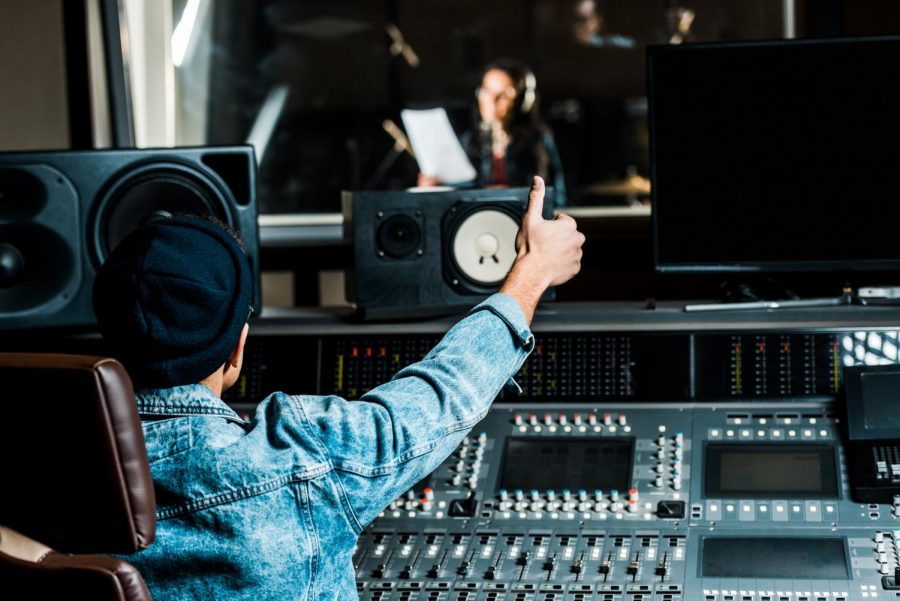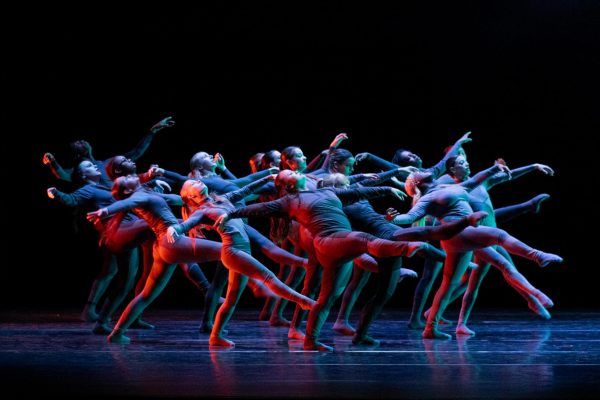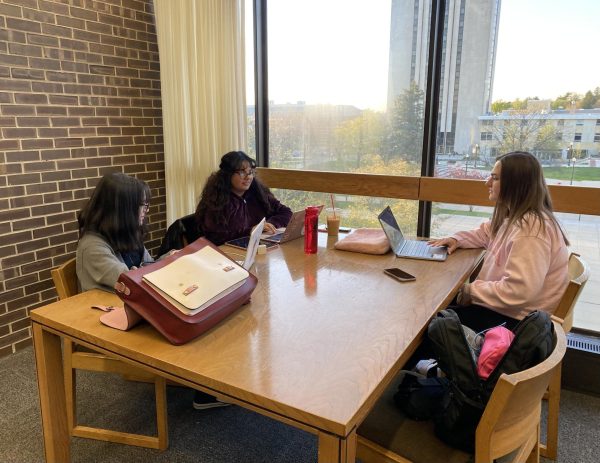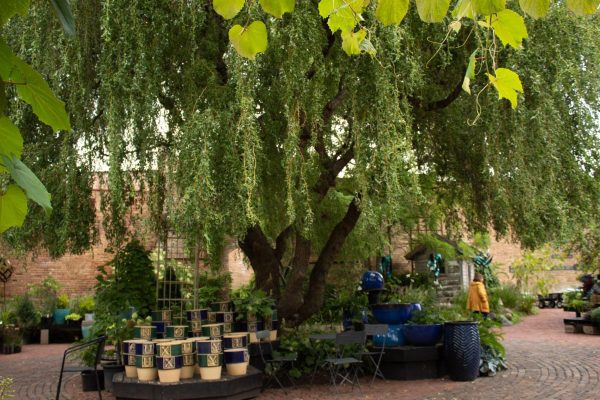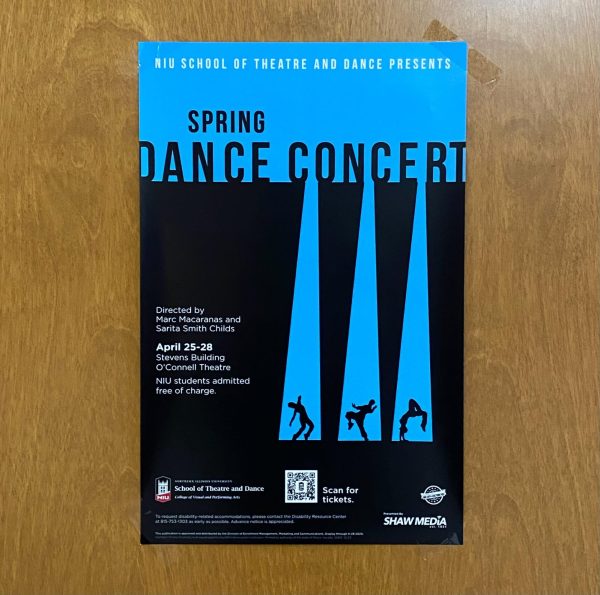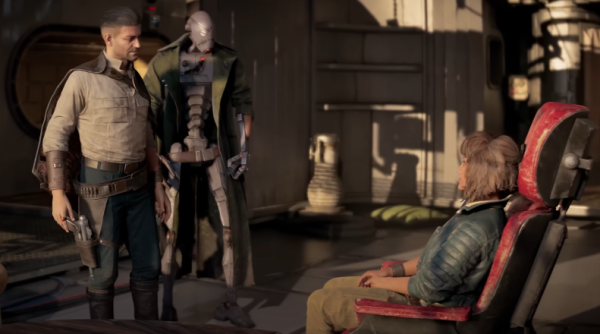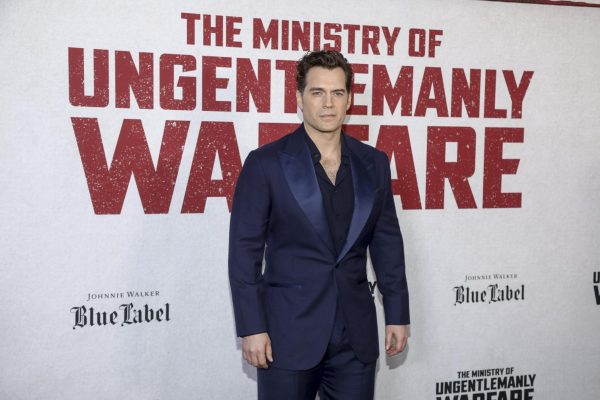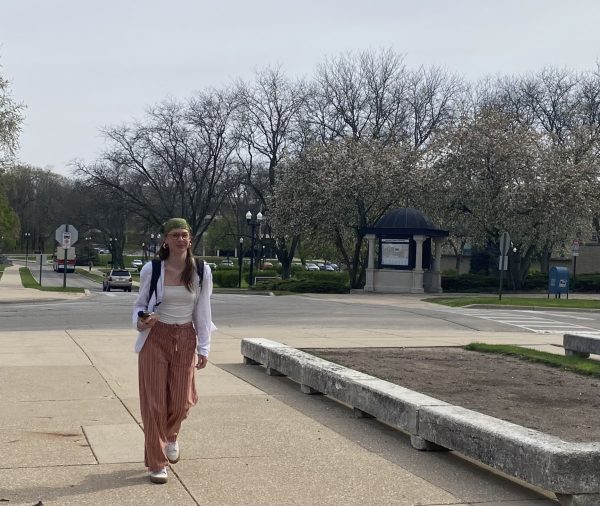Why recording studios will always be necessary in the music industry
June 10, 2020
As streaming services enable beginning and experienced musicians to post music recorded anywhere, recording studios have become used less and less. Statista reports there were 1,793 U.S. recording studios in 2008. In 2014 the number was 1,693. However, the number just began to rise again. In 2017, the most recent date, there were 1,840 studios in the U.S. But with no one visiting studios during the pandemic, the number could go down dramatically again.
Hyde Street Studios, according to KQED, had many local artists pay for their recordings out-of-pocket rather than through label advances. For the first time in five decades they haven’t had a single musician because of COVID-19. Now them along with other studios are losing more money than they were before, and struggling to stay in business.
Between the convenience of streaming services and being forced to make music at home during a global pandemic, studios are looking less necessary.
Studios like Kiwi Studios, 39 W. 543 Seavey Road, Batavia, IL, offer a space to musicians when they pay for a session to get work done and/or use instruments they may not have access to. Freelance sound engineers can also use the space when they work with a band.
By stepping in a place strictly reserved for making music with professionals giving their opinion and guiding an artist in the right direction, it forces the musician to make quality decisions on their work, Kiwi Studios owner, Brad Showalter said, and not just press record.
“Going into a commercial space or a studio that’s not your own puts you on someone else’s time,” Showalter said.
As many download streaming devices and listen to music for free, the less a musician might be willing to spend on making quality music, Showalter said, because of how disposable and endless music is on the internet.
Long before streaming services, in the 90s Showalter and his bandmates started doing at home recordings. The band wasn’t in the big leagues though, so it was hard for them to gain traction.
Making an EP was their next step to get recognized, so the band ditched recording at home and went to a studio.
“[We thought] this is where we need to be, and this is where we can get the best sound,” Showalter said.
Showalter and his band hated every second of recording in the studio, mostly because of who they were working with. Through the experience, however, they realized there’s more to making music than simply recording the band playing a song.
There is the whole production process the band had no idea about. After working with a seasoned sound engineer that opened their eyes to sound quality at the studio, they realized they weren’t ready for a studio just yet, Showalter said.
Now that a specific sound can be accomplished with a software that mimics a microphone to alter a voice, Showalter said, instead of owning or renting a $10,000 mic, it’s easier to record at home.
“Anyone can make a great sounding record,” Showalter said.
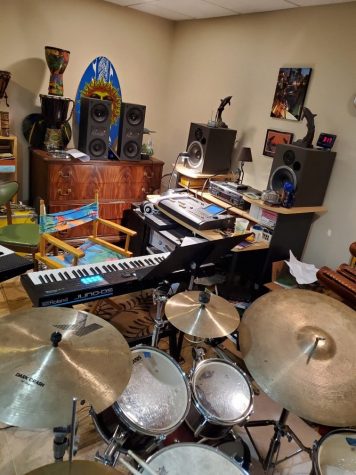
Courtesy of Todd Donnelly
Steeldrum player in the DeKalb and Sycamore area, Todd Donnelly said he records at home for solo projects, but attributes his knowledge on recording, and the ability to be able to record at home to his time in the studio. It was there he learned how to create the best possible sound he’s going for.
Solo projects require less room, and he has the equipment at home, Donnelly said, but when he’s getting his band together to record, they need the space and access to equipment in a studio. He also doesn’t have it in the budget anymore to be able to record in a studio whenever.
Although Donnelly uses the studio for specific reasons, and can make due with recording from home, he sees the necessity of studios in a musician’s career depending on three elements: their expertise, equipment and budget.
Expertise
When Showalter first used studios to his advantage, it was a place where professional and seasoned engineers used state of the art tools in music to capture an artist’s sound. It was expensive and not available to everyone, he said.
Sound engineers and studio owners have education and experience that allows them to give honest opinions on music, or decide on what could make for the best chorus or melody for a particular lyric or mood of the song by adjusting or balancing sound sources. Surrounded by experts, artists are more likely to make a professional impression on the music industry.
“I’ll always give you my opinion on the music you’re creating, but you don’t have to listen to my opinion. It’s your art, and you’re paying me to help you create it,” Showalter said.
Local DeKalb funk rock jam band Fuzzlove strictly records in the studio, specifically Kiwi Studios, to attain what they believe is the best quality for their music. When Fuzzlove recorded their first album, they brought in some of their own gear, and finished it in three days, lead singer and bassist Sean O’Reilly said.
The band spent the whole weekend there. Andrew Dewar, a freelance sound engineer that works with Fuzzlove, was on the soundboard making sure the band was achieving what they wanted.
“Andrew Dewar went to school for this,” O’Reilly said. “We like to have a person like that.”
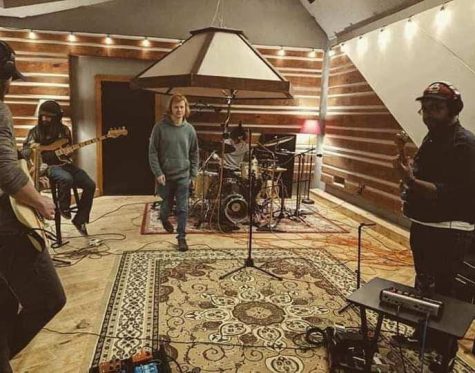
Fuzzlove tries to attain a warm, vintage sound in their music. By using a studio, they have access to vintage mics that can’t typically be found easily, or without making a large purchase.
However, there are instances when an artist might not want to experiment, and has established their sound, and has enough knowledge on how to record the sound they’re going for.
Kevin Parker, lead singer of indie band Tame Impala, said he records and produces his own music.
There are musicians, on the other hand, who have the skills to play instruments, and an idea for a song to express themselves, but do not know how to put the layers of sounds together, or the means to achieve their sound, like more experienced musicians such as Parker, so they turn to a studio and sound engineer.
After a song is recorded, in a studio or at home, a song will typically then get sent to a mastery so that professionals can make sure it’s up to industry standards.
“I think most artists who land in a studio realize they either can’t progress more in their own recordings or they value the outside opinion before it’s released to the world,” Showalter said.
Budget
As a beginning artist, Donnelly said he had more money in the budget to pay for studio sessions, whereas now it’s hard to fit them in. However, after investing in equipment and collecting knowledge from his visits to the studio, his solo projects can be accomplished at home, he said.
Others, like Fuzzlove, invest in studio time, because there is no other choice if they want their music to pay off and pop off.
Equipment
High priced mics have a better sound quality than a phone or laptop speaker, no matter how advanced the software may be. They can be used by paying for studio time. “An important thing a studio has is room acoustics,” Showalter said. They transmit sound waves according to different lengths, shapes, and intensities of sound. Artists, especially ones just starting out, can’t typically build acoustics in their living room or basement in order to hear the quality that listeners will hear.
A rock band versus a pianist requires much more space to perform a song. And equipment for both artists costs more to use than it would to own. Early on in a musician’s career, with little money and knowledge, a studio grants access to space and equipment they can’t afford, while guiding a developing artist in the right path.
“I think studios will always have a place, but it’s a downward trend,” Showalter said.
In the coming future, studios may have to be creative with how they attract new clients.
As a studio owner, Showalter has watched many studios close their doors because budgets for the artist are shrinking, and so it’s becoming expensive to operate a studio, Showalter said.
Despite a declining use of studios as it becomes easier to download software and press record to then upload a song to SoundCloud, a studio will always act as a safe place for musicians looking to express themselves, but need that extra opinion, instrument or guidance to the creation they always intended but couldn’t figure out.
Artists new or old, large or small, although not regularly, might always find themselves in a studio, even if they have a set up at home and instruments they’re comfortable with. Signature sounds are great and impressionable, but artists tend to step out of their comfort zone, such as rapper Childish Gambino, and try something new. Resources like studios and sound engineers can guarantee that freedom.
But even with a signature sound and respectable comfort zone, a studio can be a place to separate work from home, with the space and knowledge needed to create a masterpiece.



